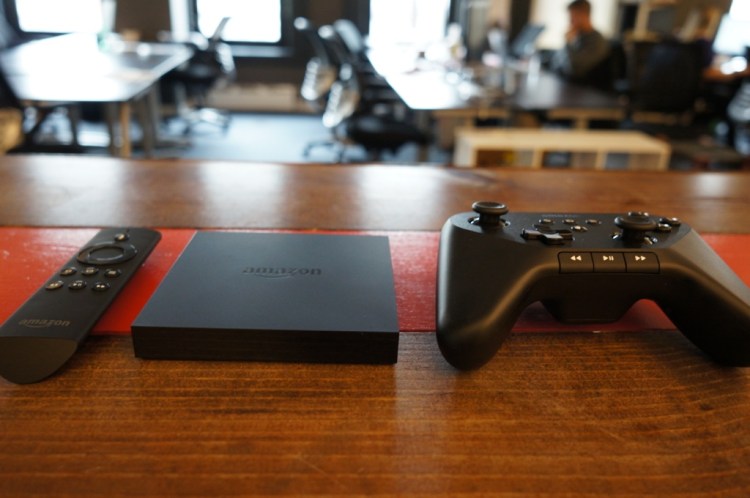GamesBeat: Was getting casual game developers on board a target? Air Patriots wasn’t your typical hardcore game. I was just wondering what area you intended to bulk up on – is there in opportunity in casual games, so you hire a lot of casual game developers, or did you want to expand more in hardcore games?
Evans: Amazon began because Reflexive was in the casual game business. We began in casual games. We also had an interest in social games. But over time, we’ve evolved. A lot of our current focus, if you look at the titles that are coming out – Sev Zero and some of the other games you’ve seen – is more core.
The driving reason there is that core gamers are more committed generally. They’ll pick a platform based on the content there. They’re a little more decisive or committed or willing to invest based on what they like. Over time, while we have both casual game developers and core developers, we’ve traced an arc where we’re leaning more into core.
Core is also more challenging. It uses our services and pushes the hardware and services further. Those tend to be better tests of things like App Stream, which you saw today. They help us find the limits. That’s a big reason why we’re looking that way.
GamesBeat: How does some of the competition affect this? You can feel like you’re being aggressive or feel like you’re being careful and measured. Microsoft’s game business knew that the second they turned un-profitable, they could get the chop. They were always growing, but very carefully. Yet you’re surrounded by people who are making games on different platforms, and if they’re faster and more aggressive, you never catch up.
Vogel: It goes back to what we were talking about earlier, about that market. On one end of the market, you have indie games – small teams, highly iterative, making something like Spelunky. They’re going to be quicker and more agile, but they’re limited in what they can do. In our first-party studios, we’re looking at pushing new technology that will eventually find wider use among different people. All I can say is that creatively, we look at them as inspiration. We don’t really compare ourselves. We think about what our customers want, and if we can deliver something of a quality that they’ll want it.
If you saw the launch of Fire TV, we had games from Telltale. We had Minecraft. Double Fine was another. We had a lot of great titles that we were happy to have out there. They fit that mid-market opportunity. That’s my holistic approach. We’re not really keeping tabs on what’s going on in the industry, but if we see something that’s valuable for customers, we want to pursue it.
GamesBeat: It does seem like a section of the market that’s not really owned or addressed by a particular company.
Vogel: The middle market is a huge opportunity. There are lots of markets that we don’t even know about. We have to go out there and find out how it’s broken up. But we can point to what I was saying earlier. There’s a huge space between casual and console. I’d love to find out what’s in there going forward.
GamesBeat: Can we expect, with every Amazon hardware platform, that there will be games showing up there? If you do a new spin on the phone or the set-top, that’s an opportunity for more games?
Vogel: We have a lot of teams working on different types of games. Some of them take longer or shorter amounts of time. We definitely want to make games for our devices. We don’t comment specifically on road maps, but we’d like to get as much out there as we can.
GamesBeat: Is it mostly content made in Seattle now, or are you spread out more now?
Vogel: We have three first-party studios now, one in Seattle and two in Orange County. We mentioned Reflexive and Double Helix. But we also have the publishing arm in Seattle that’s working with developers all across the world.
GamesBeat: Is it the same sort of differentiation there? Can you make a game across platforms or cloud-ify it to run on anything? Is there an advantage that Amazon can offer?
Vogel: We just released two very good games on Fire Phone, To-Fu Fury and Saber’s Edge. That’s an example of the breadth of what we’re trying to do. We have some teams working on smaller platforms and other teams working on larger platforms.
I’m doing a speech tomorrow on some of the App Stream game usage. We’ve got at least one game we’re going to show that uses App Stream to push something we’ve never seen before on a tablet. We try to index off what we can do that’s unique to Amazon and great for the customer. That differentiates us.



